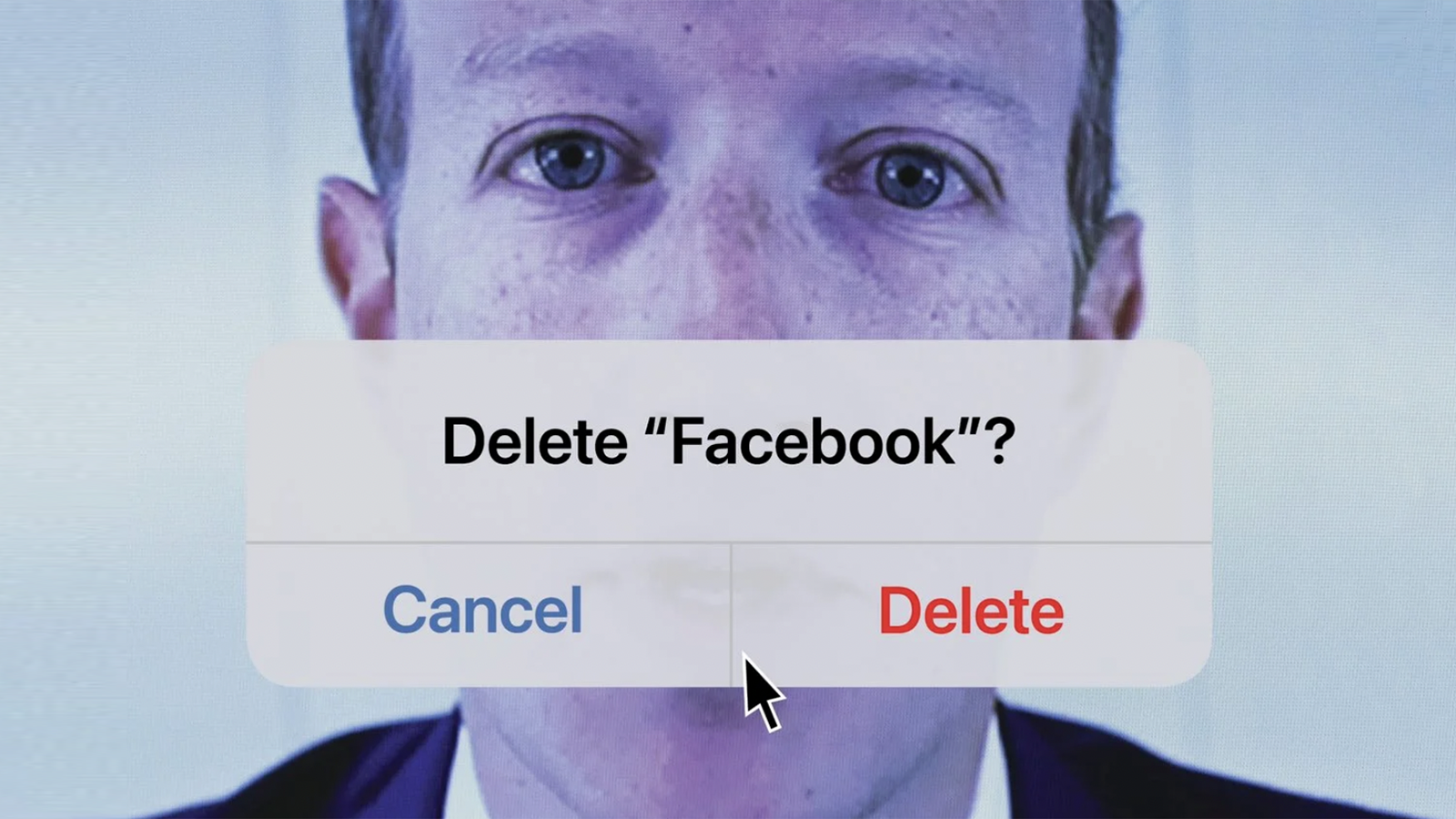Is self-help wisdom actually just bullshit?

- When you’re lost reading or listening to a self-help book or guru, it can be easy to turn off your critical faculties. Everything they say sounds so reasonable!
- While there are some genuinely brilliant self-help books out there, there’s also a lot of suspect content.
- Here are three stereotypical mainstays of the self-help lexicon and why they might, actually, be bullshit.
When you’re reading an article or a book, it’s sometimes easy to get swept up in the narrative. The best writers are those who can lure you in, enthrall your attention, and have you eating out of their hands. The best speech-givers are even better at it. As Aristotle recognized millennia ago, a well-skilled orator who can whip up a crowd and spin a tale is a dangerous person indeed. Lost in the rhetorical mania of a great speech, we can subscribe to any manner of strange things. We can also happily nod along to things that are plain wrong.
One long-serving member of this intellect-numbing guild is the self-help guru. They are the masters of sweeping up an audience, winning over a reader, and dressing up everything they say as the sage advice of a religious prophet. Yet, all that glitters is not gold. Self-help gurus and their books often specialize in highly dubious advice. Of course, in such a huge field, not everyone can be dismissed as bullsh*tters — many self-help books are brilliantly argued and offer genuinely life-changing aphorisms. A lot, though, is trite nonsense. And the worst of it is misleading or damaging.
Gathered here, then, are three examples of “self-help advice” that is, on closer examination, bullshit.
If you believe it, you can do it
“Whatever the mind can conceive and believe, it can achieve.” – Napoleon Hill, Think and Grow Rich
Let’s start off with the pedantic stuff first. I can imagine a lot of things I can’t do. I can fly, be super intelligent, and also be the most alluring man in the world — all in my mind. Sadly, in real life, I can’t fly. Closer to home, there are some things that people will never be able to do. Little Timmy might want to be an astronaut, but if he’s over 6’2″ then no amount of believing is going to make it happen. I might (a middle-aged, amateur jogger with short legs) want to break the 100-meter record, but my body isn’t, nor will ever be, Usain Bolt’s in 2009.
Philosophically, too, this nugget of wisdom comes up foul. As is often critiqued against the ontological argument for God, “My thought imposes no necessity upon things.” This is to say there is an unbridgeable gap between what I think and how the world is. Yes, a positive attitude can improve performance. And yes, having a plan is essential to success. But sorry, Mr. Hill, I am not the author of reality, and most often my thoughts are just thoughts.
You can control your fate
“You are the master of your destiny” – Rhonda Byrne, The Secret Critique.
It’s impossible to control your fate. It’s etymologically and logically contradictory if you were to do so. The definition of fate/destiny is that it’s some preordained path over which humans have no control. As the Greek tragedies taught over and over, people might think they are controlling fate, but fate, by its nature, cannot be controlled. Destiny will find a way and Final Destination 12 will think up new ways of killing you. If someone were to “take control of their fate,” then that would disprove fate. It would force Lady Destiny to vanish in a puff of smoke. You can no more “master your destiny” than “add another side to a square” or “be married to a bachelor.”
Of course, I’m somewhat misrepresenting the point, and I don’t (entirely) want to be a disingenuous smartass. Byrne clearly doesn’t mean we should beat fate but rather take charge of our lives. Still, even this well-used self-help soundbite oversimplifies what it is to be a human being. Sometimes life throws out unstoppable storms. Life can be utterly undone by a moment of catastrophe. Often, we have no more control over our lives than a leaf does over the wind. Most of the time life is about reacting to things. Much better, I think, is that old Serenity Prayer: “God, grant me the serenity to accept the things I cannot change, the courage to change the things I can, and the wisdom to know the difference.”
You can make of life whatever you want
“Success is a state of mind” – Joyce Brothers, How to Get Whatever You Want Out of Life
Don’t get me wrong, I’m a huge fan of the message at the core of this one. I’ve always felt an affinity with existentialism: the philosophy that we can (and must) choose our life and not let life define us. But you don’t have to look far to see that this attitude is, for many, a privilege. It’s not revolutionary to see that some people are born with better cards in life. Some people have the skills, family, money, and connections that others can only dream of. Choosing your path is only possible for those who have paths to choose in the first place.
At the extreme, you have those who are so downtrodden and abused by society that they simply haven’t the mental reserves to get by. Some people are so trapped by what life has dropped on them that they cannot get out alone; they need help. They need more than positive energy. But, outside of these extremes lies a whole range of people who are trapped, in an infinity of ways, by their life’s commitments.
A single parent preparing their three children for even a typical day at school will laugh at the regimented timetables of the “super-disciplined millionaires.” It’s hard to work out for two hours, meditate for an hour, read a book, make a healthy dinner from your home-grown vegetables, and go out at night to do some charity work if you’re tied to life by duty. The fact is that “be who you want to be” and “do what you want” is, for anyone with even the slightest of responsibilities, the height of negligence and childish self-indulgence.
I’m sure, that for a vanishingly tiny number of people, success really is a “state of mind.” For everyone else, it’s a destination at the end of a road paved with lucky birth, constant support, and a wealth of opportunity. After all, behind every great person there’s a great wife, husband, brother, sister, childminder, best friend, teacher, neighbor, mom, dad, and so on.
Play the ball, not the player
A long time ago a teacher of mine taught me a great way to check if you’re being swept up by the narrative you’re reading. It’s a tool to make sure you aren’t blinded by the personalities behind the words. He said, “Imagine this sentence said by someone you really hate.” Take any “wisdom” and imagine it was spoken by that politician you despise. It helps, for me at least, to reactivate any critical faculties that might have been switched off during the consumption of an idea. It works to focus on the message and not the medium.
Not all self-help books are bad. Heck, the majority of philosophers are, without even much squinting, in the business of self-help. Aristotle, Epictetus, Augustine, Confucius, Kant, Rumi, and Nietzsche all essentially offer strategies for how to make your life better and truer. But sometimes it pays to take a step back from what’s being said and play the cynic. After all, any self-help which gets through the arm-crossed armor of a cynic must be worth listening to.





